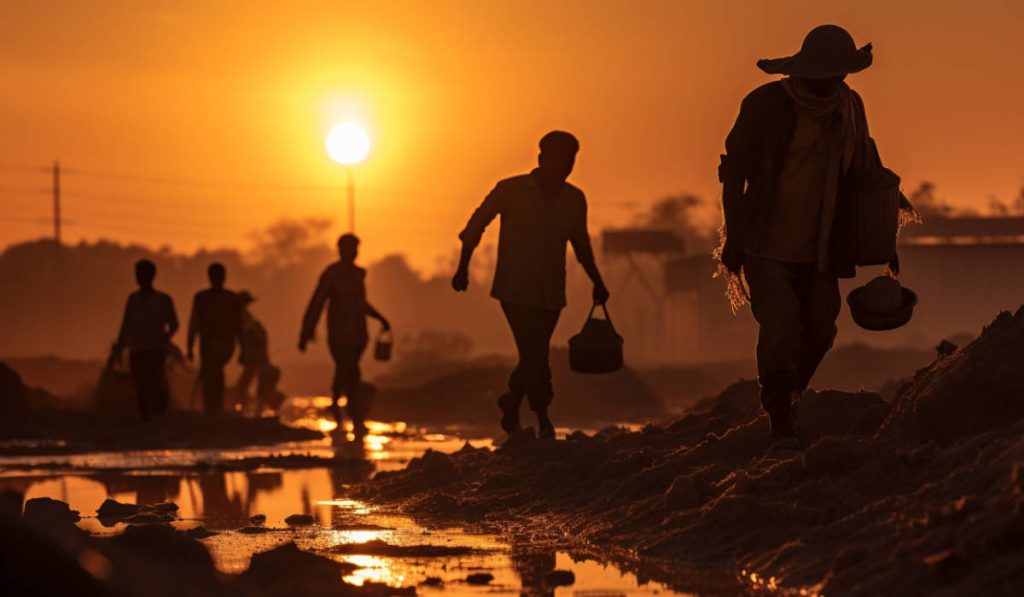
Conflict & Resilience Monitor – 20 December 2023
For the final Monitor of the year, we feature a piece from Madam Graça Machel, the Chair of ACCORD’s Board of Trustees, on intergenerational justice and human rights in a

For the final Monitor of the year, we feature a piece from Madam Graça Machel, the Chair of ACCORD’s Board of Trustees, on intergenerational justice and human rights in a
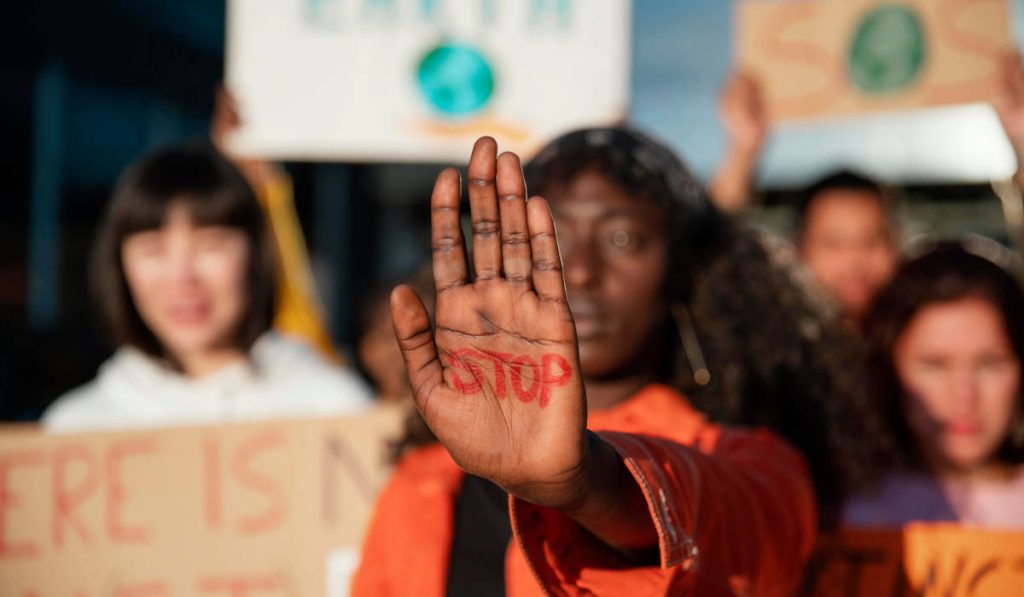
Planetary crises are challenges that we face collectively as one human family, and must be overcome with the richness of our full diversity.
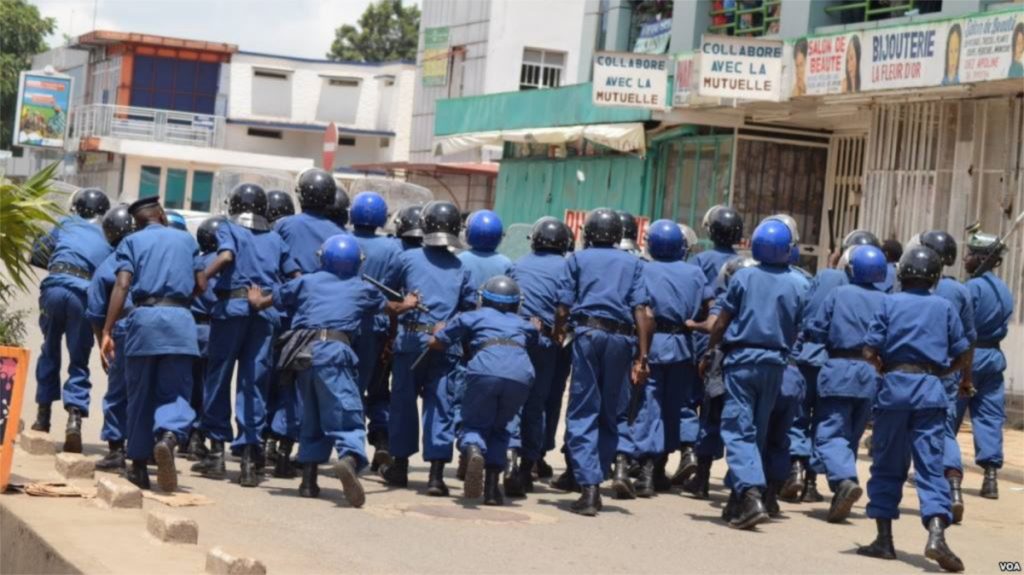
Key determinants of peace in post-conflict Burundi that also formed the basis of strenuous negotiations in Arusha are the ethnic quota system, power sharing, security sector reform, and transitional justice.
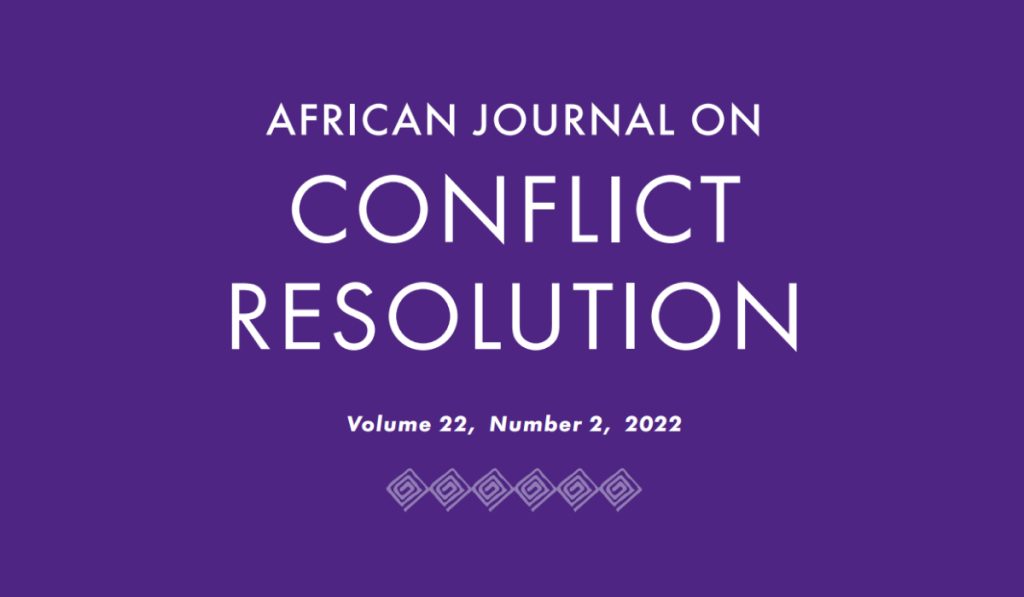
This article examines the input into the transitional justice discourse by civil society as a litigation actor in postcolonial Africa

This study lists the main reasons for why the colonial-era crimes in the Democratic Republic of Congo were not investigated. The discussion looks at gaps in the legal framework, the configuration of the judiciary, and an informal agreement between the DRC and the Belgian governments.
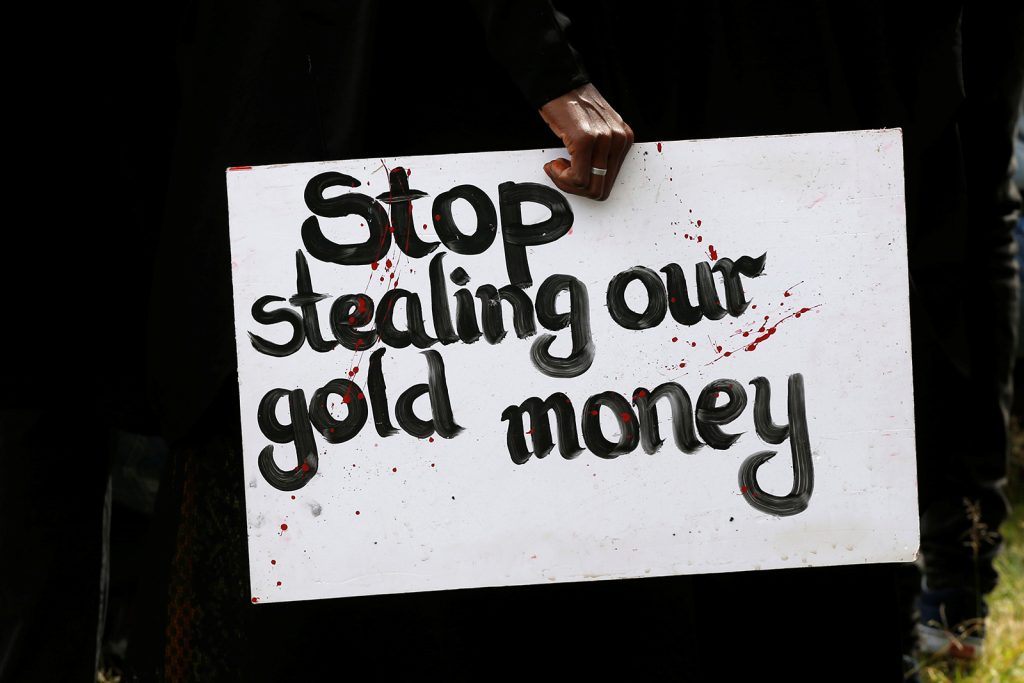
Natural resource transformation is required to curb resource injustice and conflict in post-amnesty contexts such as the Niger Delta.
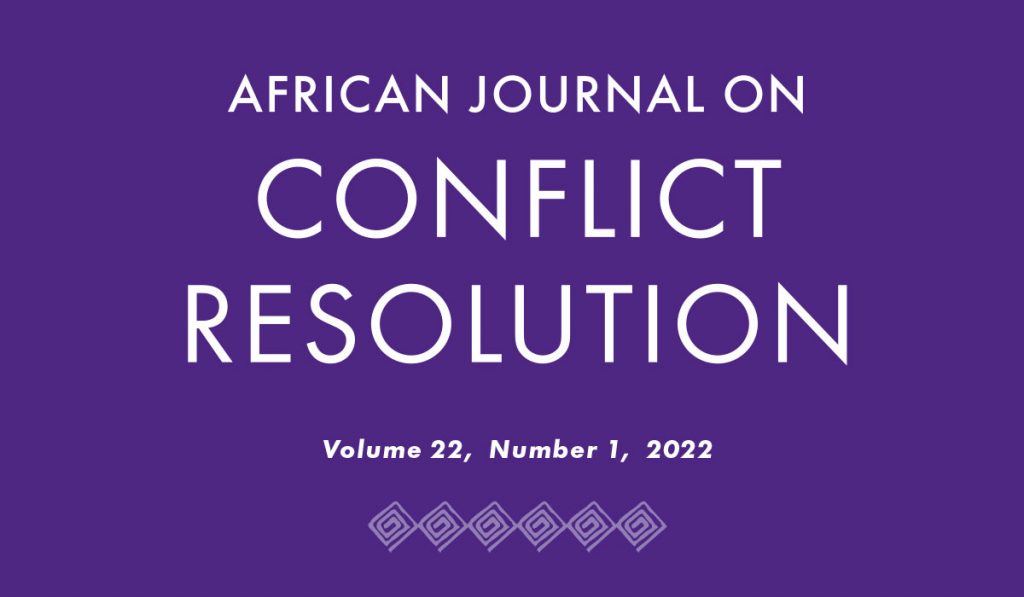
This article is a valuable contribution to ending impunity for crimes committed in the DRC between March 1993 and June 2003, in that it proposes an alternative approach to justice, based on restorative values and principles.
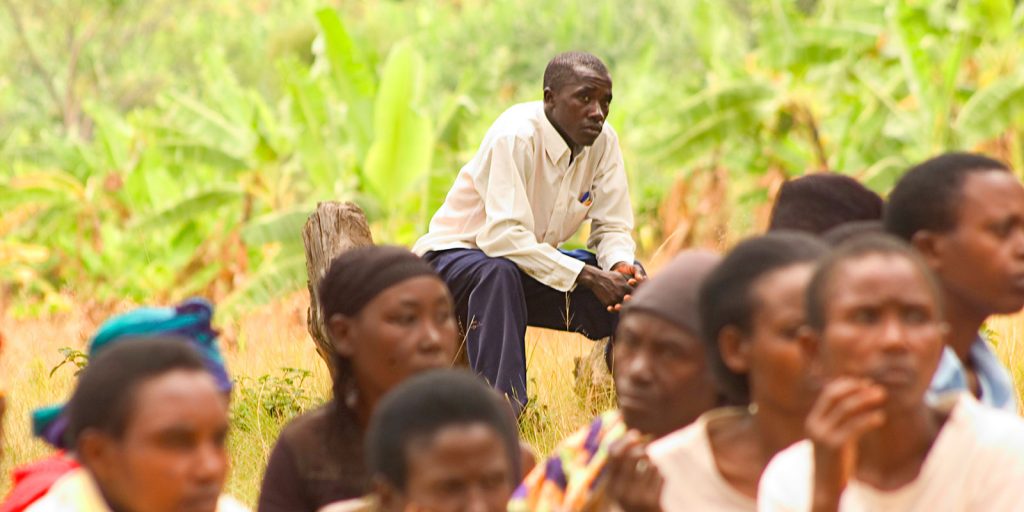
Local structures for justice are integral for societies emerging from conflict. In the indigenous inkundla/lekgotla courts of Southern Africa, one can find a local justice system that allows for amnesties to be granted without also granting impunity.
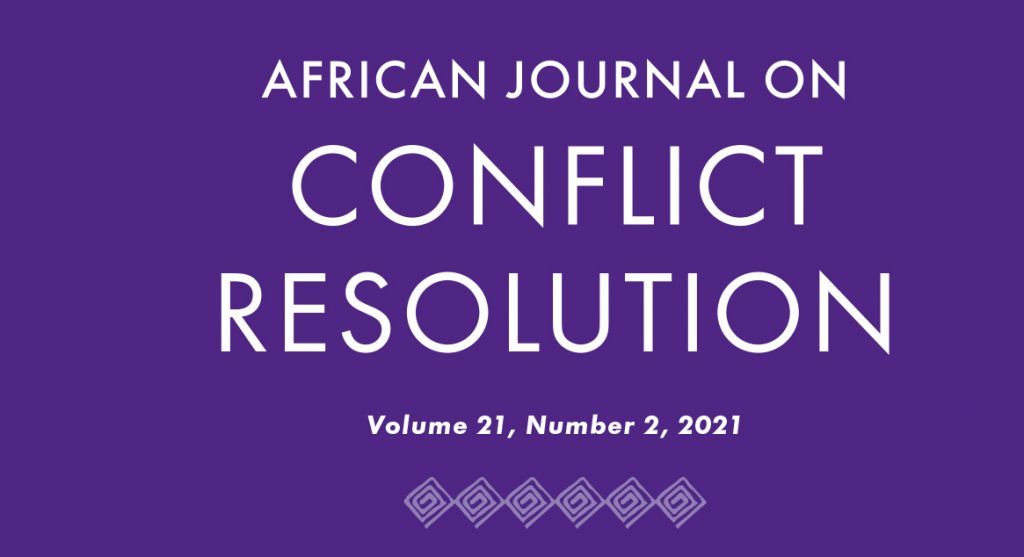
The article explores the role of legislation in designing paths to peace in fragile, ethnically divided communities such as the Warri conflict area in Delta State, Nigeria.
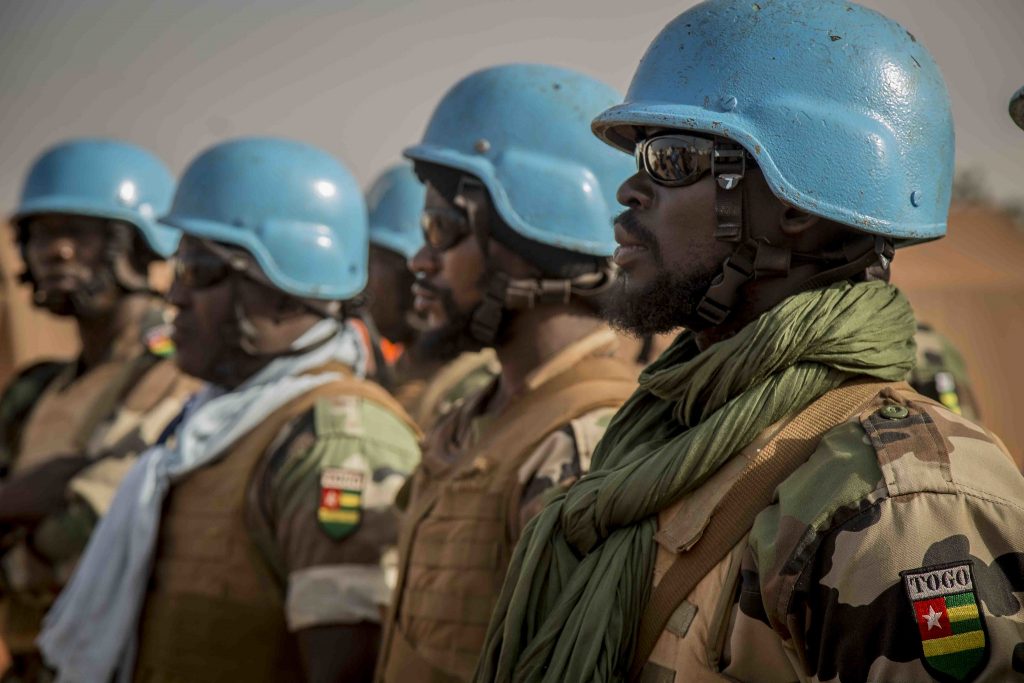
In partnership with the Royal Norwegian Embassy based in Pretoria, South Africa, ACCORD convened a briefing session for E10 countries on the conflict in Mali and the Sahel on 18 June